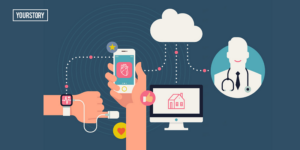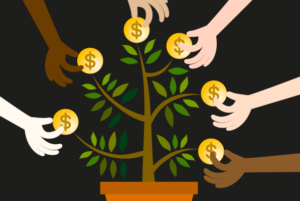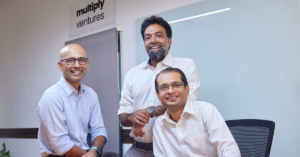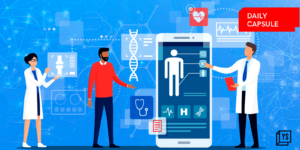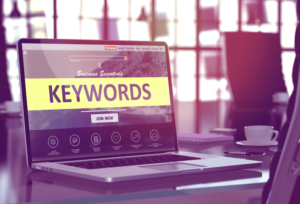The accelerated integration of Artificial Intelligence into HR is poised to transform the recruitment market. Its rapid expansion has advanced a long-predicted change, as the industry responds to Covid-19 and the upheaval that almost all workforces have endured.
But how can HR best embrace this swift change, ensuring that AI and human practice is synchronised, to optimise the recruitment process? David Bernard, CEO of predictive recruitment platform AssessFirst, evaluates how AI can help firms to hire, retain and develop the perfect candidate.
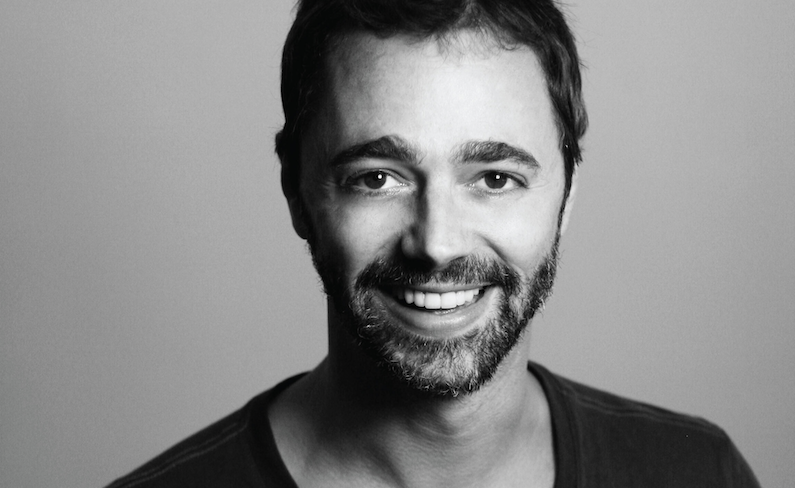
A year ago, if you happened to encounter discourse concerning AI and recruitment, you would likely be reading one of two types of articles. The first would explain why AI will lead to widespread job losses. The second would counter that no, in fact, AI will lead to abundant recruitment and job opportunities.
And then came the pandemic. It became apparent to most that social restrictions would stretch beyond weeks or even months and the perceived relationship between recruitment and AI shifted: from the forecast of opportunity for recruiters to the implementation of AI solutions.
The Economist referred to the adoption of new technological solutions as “tech-celeration” in a report that collated business leaders’ opinions – most of which spoke of our ten year evolutionary leap in digital adoption.
For those hiring managers not able to assess candidates with traditional face-to-face thoroughness, AI has offered recruiters remarkable solutions. Rather than simply assessing degrees, scanning CVs and inviting candidates in for an interview, recruiters can use tailored, self-adapting algorithms with which to find ideal candidates.
The emergence of artificial intelligence
In a traditional recruitment process, a single person or team of people is responsible for identifying and evaluating the candidate’s soft skills. The efficiency of this practice is dependent on the recruiter’s experience but, even with the most adept recruiters, the process can be problematic.
The very practice of conducting an interview, which is more complex than it is credited for, can result in the recruiter missing particular candidate skills – or misunderstanding them – due to cognitive biases. Similarity bias, confirmation bias, initial impression bias, projection, and groupthink are common occurrences when we need to make quick or pressured judgments.
And there is little a recruiter can do about these biases. Since they are the result of the complexities of the subconscious, recognising when we are conceding to these biases is difficult. The probability of acknowledging them and adjusting our decisions accordingly during an interview is negligible.
So what problem is this feeding? It leads to inconsistent judgments that vary from one candidate to the next. It fuels the lack of diversity in the workforce that most HR and business leaders are trying to address.
However, AI allows recruiters to use data from behavioural assessments and provide candidates with a standardised assessment. A fair vehicle – driven by customisable parameters – so that employer and prospective employee benefit equally.
Using AI to optimise the probability of success
Although AI integration has been accelerated by the pandemic, digital adoption was already surpassing traditional recruitment processes for companies like Vodafone, Tesla, and Google. These organisations – at one time ahead of the curve – are now discovering others are following suit.
At AssessFirst, we’ve found that our customers benefit most when candidate profiles are compared to top performing employees – or any employees for that matter. This ensures that desirable personality traits and skills for a particular role are found with accuracy and precision.
The probability of success within a particular role, within a particular team, or working for a particular manager, is suddenly predictable.
The threat of AI for human autonomy
We are amid an irreversible recruitment sea-change. And some fear that AI will eventually sweep away the need for human contribution. As a CEO of a tech company, I don’t believe this to be the case. Recruiters should see AI as means to assist the process rather than replace the recruiter.
Consider the prioritising of traits over degrees. This requires the computing of data from hundreds or thousands of candidates, analysed in the context of a fluid hiring process and environment.
Handling huge quantities of data like this at speed, with accuracy is impossible for the human brain. But this is what AI is built to do. HR and hiring managers can then immerse themselves in the human aspects: leaving data-handling to the intricacies of machine learning.
Rapport-building, mentorship, work-trials, and tasks will always require the human hand and eye. And, whilst a traditional interview is far from precise and objective, offering a role to a candidate without any human interaction is, most of the time, inconceivable and immoral. The judgment of skilled recruiters allied with data collected from AI will be required and desired indefinitely.
We must also acknowledge that implementing AI gives rise to new job roles and functions. People will be required to monitor, track, and adjust algorithms and data input. And, as the scope of AI tasks increases, humans will be needed to expand and refine that input and monitoring process.
AI presents recruiters with the ability to hire and manage candidates with greater efficiency than ever before. But, as John Giannandrea, Apple’s senior vice president of Machine Learning and AI strategy, has remarked: “The real safety question, if you want to call it that, is that if we give these systems biased data, they will be biased.”
This clarifies a key concern for all recruiters. AI is not a panacea, but a greatly beneficial and essential tool that requires the guiding hand, and learned minds, of human skill and interaction.

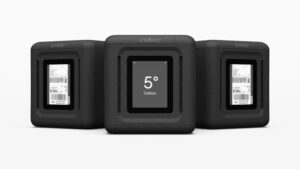
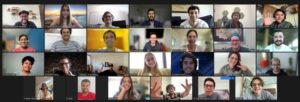

![Read more about the article [Funding alert] Influencer marketing platform Do Your Thng raises $150K led by Mumbai Angels](https://blog.digitalsevaa.com/wp-content/uploads/2021/03/Image41hd-1580275708895-300x150.jpg)
